Why picking your nose is dangerous
Picking your nose and plucking the hairs from your nose are not good ideas, particularly if you don’t want to get diseases like Alzheimer’s . A growing body of evidence shows that damaging the lining of your nose gives bacteria and viruses a clear pathway to the brain, where they create some of the pathologies of dementia and Alzheimer’s disease.



